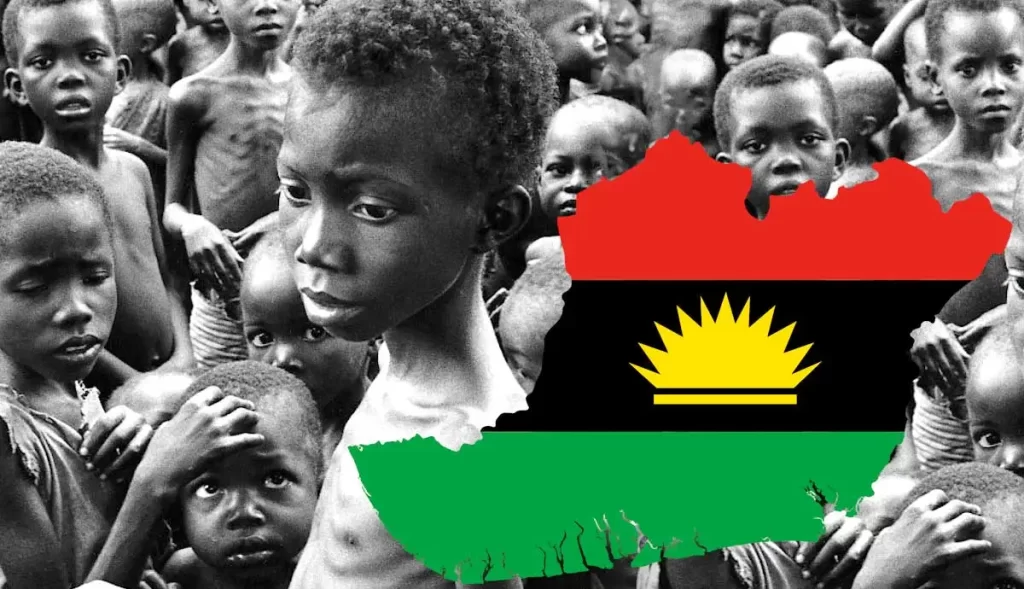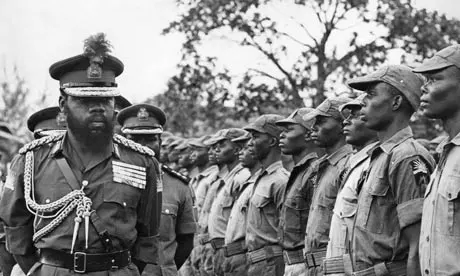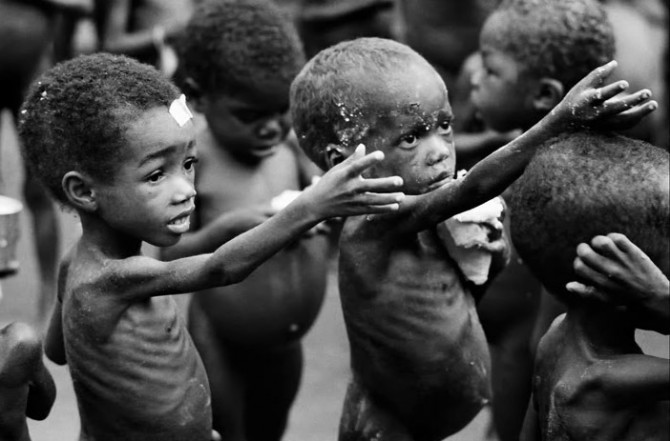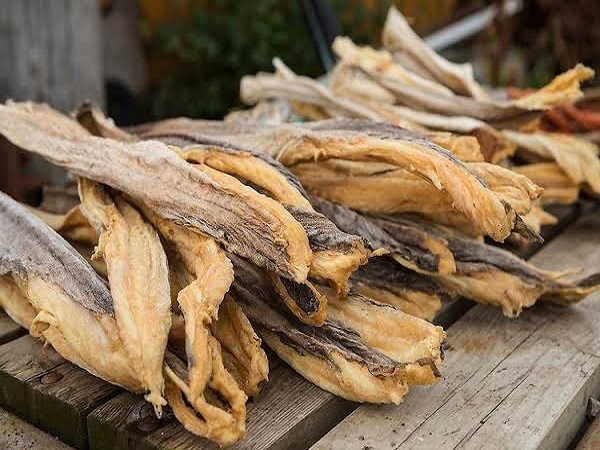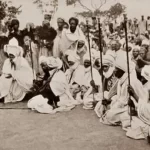Stockfish is one of the most famous Nigerian food staples. It is the favored ingredient in traditional dishes and cuisines. It can also be found in diverse palates and cooking styles of various ethnic groups. However, prior to the Nigerian Civil War, it wasn’t so. How did stockfish, which surprisingly originates from Norway become a staple In Nigeria Household?
A Brief History of the Nigerian Civil War
The Nigerian Civil War (6 July 1967 – 15 January 1970), also known as the Biafran War, was a civil war fought between Nigeria and the Republic of Biafra, a secessionist state which had declared its independence from Nigeria in 1967. The War led to the death of over over 2 million people, with many thousands more displaced.
According to reports and documented history, the agitation for Biafra by the Igbo Ethnic group resulted from political, economic, ethnic, cultural, and religious tensions which preceded Britain’s formal decolonization of Nigeria from 1960 to 1963. Other factors included ethnoreligious violence and anti-Igbo pogroms in Northern Nigeria, a military coup, a counter-coup, and persecution of Igbo living in Northern Nigeria. Control over the lucrative oil production in the Niger Delta also played a vital strategic role.
Nigeria was led by General Yakubu Gowon, while Biafra was led by Lieutenant Colonel Chukwuemeka Odumegwu Ojukwu. Within 3rd year of the War, the Federal Government troops surrounded Biafra, capturing coastal oil facilities and the city of Port Harcourt. The blockade imposed as a deliberate policy during the ensuing stalemate led to mass starvation. During the two and half years of the war, there were about 100,000 overall military casualties, while between 500,000 and 2 million civilians died of starvation
Read More:
- How Ilorin Fell Under The Rule Of The Fulani Caliphate
- The Aba Women’s Riots of 1929
- 5 Historical Facts bout Kano
The War and the Fish
It is imperative to note that before the civil war, stockfish was already being used as food for the West African people enslaved and sent on long sea voyages to the Americas. However, the Biafran civil war really set the scene for stockfish to become a must-have ingredient in Nigerian cuisine.
As earlier stated, mass starvation was one of the events that characterized the civil war. More than half a million people died from the famine imposed deliberately through blockade throughout the war. The International Committee of the Red Cross in September 1968 estimated 8,000 to 10,000 deaths from starvation each day
In mid-1968, images of malnourished and starving Biafran children saturated the mass media of Western countries. The plight of the starving Biafrans became a cause célèbre in foreign countries, enabling a significant rise in the funding and prominence of international non-governmental organizations (NGOs).
Biafra received international humanitarian aid from civilian entities and countries around the world. One of the nations that stepped in to help was Norway and their contribution was stockfish. And so, tonnes of stockfish were flown to Nigeria to help combat hunger.
It is important to note that the process of drying stockfish means that it can last for years. Aside from its preservation qualities, the stockfish is actually one of the most nutritious foods around. The delicacy contains nutritional benefits such as protein and vitamins, which were just needed to combat the malnutrition that characterized the Biafran war.
Stockfish in Nigeria after the war
Today several decades after the war has ended Nigeria is reportedly the largest importer of stockfish in the world. Some say stockfish has remained hugely popular in Nigeria because of its ability to stay without rot or decay in spite of the hot, humid climate.
In the ’80s, as part of austerity/ trade policy measures by General Ibrahim Babangida, the then Nigerian head of state, stockfish imports were banned. The ban led to many cases of middlemen trying to bring stockfish into Nigeria, anywhere but from Norway.
Although Nigeria has a long coastline teeming with other species of fish, people say the stockfish has a unique taste and so it is Norway’s biggest export market for fish. Norweigen reports show that about 200 to 250 containers of stockfish (4,000 tonnes) were imported into Nigeria yearly in the 2000s.
The past few years have been volatile, however. As the price of Nigeria’s main source of income – oil – fell, the government restricted access to foreign exchange. Stockfish imports fell as a consequence. However, the market is bouncing back. As many as 9,000 and 7,000 tonnes of stockfish were imported into Nigeria in 2014 and 2016 respectively.
